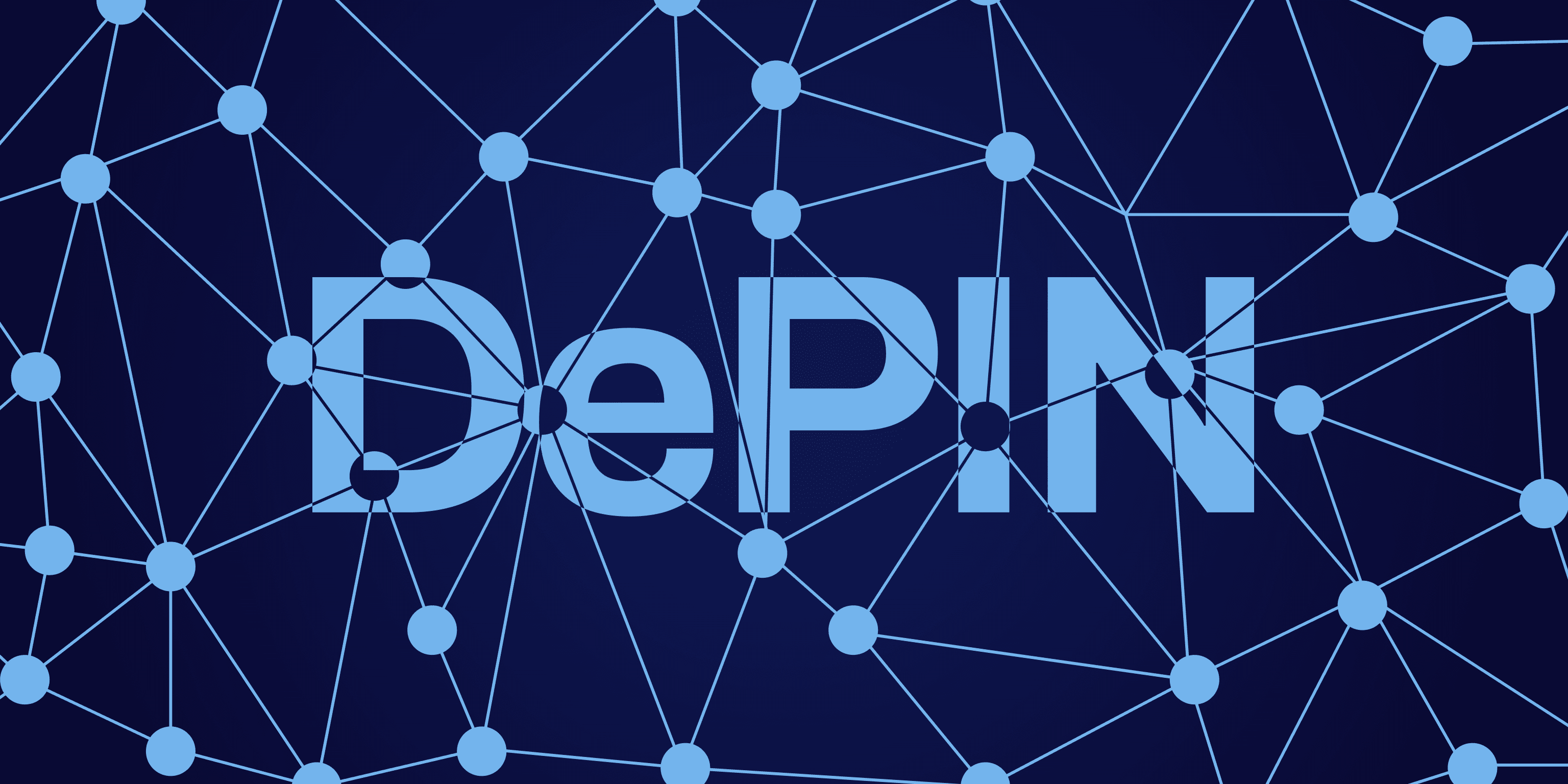|
Getting your Trinity Audio player ready...
|
The decentralized physical infrastructure networks (DePIN) sector is witnessing significant developments. From Theta expanding its edge computing to Android devices to Helium partnering with the University of Southern California (USC) Athletics, the industry is rapidly evolving. Let’s dive into these recent advancements and what they mean for the sector.
Theta Expands EdgeCloud To Android Devices
In a major move, Theta Labs launched its mobileElobal pool of Android smartphones, which boast a user base of approximately 3.9 billion. Prior to this, Theta’s EdgeCloud network had already amassed over 30,000 desktop nodes. Now, Android users can join this decentralized network, contributing their devices’ GPU power in exchange for TFUEL tokens.
One standout feature of this mobile version is that users can choose to run the Edge Node when their device is connected to WiFi and charging—ideal for overnight usage. With potentially thousands of Android devices contributing to the network, Theta can dramatically scale up its computing power. This opens up exciting possibilities for handling large-scale computing tasks, like video processing, 24/7.
The EdgeCloud system breaks down large videos into millions of smaller parts and distributes these tasks across participating devices. This decentralized approach enables the network to process high-resolution videos with efficiency. In a single day, 30,000 devices running for just 8 hours each could provide an astonishing 240,000 hours of computing power.
Helium Partners with USC Trojans for 2024-25 Season
In another significant move, Helium Mobile has teamed up with the USC Trojans to bring its decentralized wireless network to major sporting events. As part of this collaboration, Helium Mobile will be a visible presence at USC home football and basketball games, kicking off with the much-anticipated USC vs. Wisconsin game on September 28, 2024.
Fans at the games can expect Helium branding throughout the stadium, as well as exciting promotions, giveaways, and interactive experiences. Helium will also host special events like student section takeovers, aiming to engage USC’s vast fan base. Known for its $20 per month plan offering unlimited talk, text, and data, Helium Mobile plans to introduce its network to students and fans, showcasing its capacity for supporting popular apps like YouTube and Instagram.
This partnership marks a key opportunity for Helium to promote its low-cost, decentralized mobile network and attract new users, while increasing its brand visibility on a large scale.
Anyone Prepares for Incentivized Testnet
Rounding out these developments, Anyone, a network supporting decentralized relay operators, is preparing to launch its Incentivized Testnet. This update will allow relay operators to earn ANYONE tokens, providing incentives for supporting the network’s infrastructure.
The testnet will begin by distributing rewards at 25% of its target rate, with rewards distributed on Arweave Layer-1 and claimed on the Sepolia Testnet. Each testnet token will be matched 1:1 with mainnet ANYONE tokens, which will be airdropped weekly. As the testnet evolves, additional features like geolocation multipliers and locking requirements will be tested to ensure optimal performance for the mainnet.
Also Read: Borderless Capital Launches $100M DePIN Fund – Over $1B Already Raised By Top 10 Projects
While DePIN is still in its early stages, developments like Anyone’s testnet offer a glimpse into how decentralized infrastructure can provide last-mile solutions where traditional models fall short. This can bridge gaps in connectivity and coverage, making decentralized infrastructure a promising sector for future growth.
The DePIN sector is evolving rapidly, with key players like Theta, Helium, and Anyone pushing the boundaries of decentralized infrastructure. Theta’s mobile EdgeCloud node taps into a massive new network of Android devices, Helium is bringing decentralized connectivity to USC sports fans, and Anyone is incentivizing relay operators with its upcoming testnet. These developments highlight the potential for decentralized networks to revolutionize traditional infrastructure and deliver innovative solutions across industries.
Disclaimer: The information in this article is for general purposes only and does not constitute financial advice. The author’s views are personal and may not reflect the views of Chain Affairs. Before making any investment decisions, you should always conduct your own research. Chain Affairs is not responsible for any financial losses.




